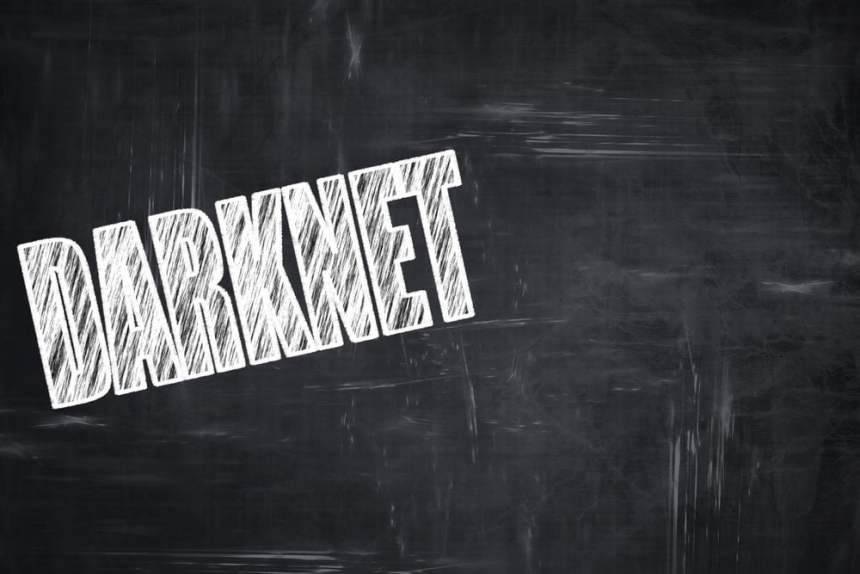Reason to trust

How Our News is Made
Strict editorial policy that focuses on accuracy, relevance, and impartiality
Ad discliamer
Morbi pretium leo et nisl aliquam mollis. Quisque arcu lorem, ultricies quis pellentesque nec, ullamcorper eu odio.
The dark net is a big bag of tricks, dirty or otherwise. Nowadays people can buy almost anything on the deep web, provided they are willing to pay the right price in Bitcoin. The “right price” is sometimes not too much. For example, the US taxpayers’ information is available for as less as $20 a pop.
In the recent days, reports of people committing tax refund fraud have started to emerge. These reports indicate that hackers are stealing sensitive personal information and using it to claim fraudulent tax returns on the actual taxpayer’s behalf. Now, with people rushing to file their tax returns before April 15, 2017, the number of such cases are bound to rise.
The cases involving credit card frauds and stolen identity is relatively high in the United States compared to other countries. Cybercriminals have devised a range of intelligent ways to gather confidential information. The increasing malware and ransomware attacks have made it much worse as the malicious software infecting computers and mobile phones can also steal stored data from the hard disks, browser caches, and even keystrokes. Criminals also resort to phishing attacks, tricking the victims to voluntarily divulge personal information and other sensitive data like tax account information and social security numbers.
The stolen data is then either put to use by the attackers themselves or sold on the darknet marketplaces against cryptocurrency payments. The prevalence of tax refund fraud was already reported by few well-known cyber security experts back in 2015 itself. Again, this year, the same cycle is expected to repeat.
Last month, a darknet marketplace was found selling raw W-2 tax form data, complete with information about the individual, his/her employer, relevant addresses, social security number, previous year’s wages and withheld taxes. The information is more than enough for anyone with access to claim for refund on the person’s behalf, and all this is available at anywhere between $4 to $20.
In order for a someone with access to the W-2 information to defraud the IRS and the taxpayers, all they have to do is claim the return before the actual taxpayer does. The information available on the darknet marketplace was possibly obtained by compromising the security of one or more tax processing services.
It is advisable for people to avoid last minute filing and do it right away to deny an opportunity for the criminals to misuse the ill-gotten information. Also, taxpayers should frequently request a free copy of the credit report to check for any unauthorized activity. If in doubt, they can always file form 14039, asking for an IP PIN from the agency to ensure the secure access to their information.
Also, as a precautionary measure, one should follow the standard best internet usage practices and keep the computers updated to prevent confidential information from being compromised.
Ref: Krebs on Security | Deep dot Web | Image: Shutterstock



























